 If there's one constant element that K-pop fans (and likely artists, too) have learned to hate over the years, it's definitely censorship. The practice comes into play at seemingly random intervals, without much consistency governing the reasons why a song or video might end up banned from broadcast. Indeed, K-pop content itself has an interesting and arguably tumultuous relationship with entities like the Korean Communications Commission and KBS, who continue to extend their moral judgment over all the media that's released to the public for broadcast.
If there's one constant element that K-pop fans (and likely artists, too) have learned to hate over the years, it's definitely censorship. The practice comes into play at seemingly random intervals, without much consistency governing the reasons why a song or video might end up banned from broadcast. Indeed, K-pop content itself has an interesting and arguably tumultuous relationship with entities like the Korean Communications Commission and KBS, who continue to extend their moral judgment over all the media that's released to the public for broadcast.
The list of things a song and/or video can be banned for is long and complicated. For instance, sometimes slang terms are cited as the reason for a banning - while others, they're the backbone of a song. Other reasons, like name dropping specific brand names, are understandable at least in the context of public broadcast. While unusual for western audiences, a ban for that type of content makes more sense than, say, a ban for a word in a song simply "sounding profane."
Now, it's important to understand that a ban isn't necessarily the end of the world for a song in Korea. Much like you'll hear in the United States when a song has content too racy for radio or television, many songs simply get censored or altered versions that better meet broadcasting standards. In the case of videos, things get a bit more complicated - a re-shoot or re-edit might be possible, but ultimately costs money that some labels aren't willing to spend. In the case of both music and videos, access to the original content through the internet will still be relatively unaffected (bar extreme circumstances), so more and more Korean acts (and fans) are beginning to consider bans a moot point.
To find an example of carrying on in the face of censorship, one need look no further than one of K-pop's biggest stars: G-Dragon (and, by extension, his group Big Bang). GD is no stranger to the 19+ rating, but it hasn't stopped him from amassing a catalogue of massively successful songs and hit videos. It's probable that he's aware that he can get away with just about anything in a song or video as long as its primary home is the internet, so he's been pushing the boundaries more with each release and tour. Notably, his Act III: Moment of Truth - the End World Tour featured a heavy CCTV surveillance motif, perhaps serving as a criticism of how the government and state run television give artists like him so much trouble.
Other big name acts have started bracing for controversy and taking it head on, such as EXO and NCT 127, both of long-running mega-label SM Entertainment.
In the case of EXO, the group recently featured heavy tattoos in their music video and teaser content for "Ko Ko Bop," despite the industry-wide knowledge that tattooed idols like Jay Park often face heavy blurring or outright banning when it comes to television. So, even though they couldn't go all-out for televised performances, they brought the idea of idols with tattoos to the forefront of the public consciousness through the internet - and any ensuing controversy only served as an amplifier.
NCT 127, on the other hand, refused to release a further edited version of their song "Cherry Bomb" after it was hit with a rejection by KBS. Although the song was criticized for allegedly violent lyrics, they knew that the internet and cable television both offered excellent stages to promote the song and reach fans.
On the more independent side of things, artists like Jessi and Dumbfoundead have decided to almost provoke censorship, perhaps as a means of drawing attention to their songs and videos. Jessi recently dropped a single named "Gucci," which - while not referring to the brand itself, rather using it for its alternate connotation of "good" - directly employs a brand name in the chorus. Dumbfoundead takes an even more blatant approach with his recently released music video for "Water," which is essentially a wet t-shirt contest that he surely knew wouldn't ever grace broadcast television.
What all of this shows is that more Korean artists are beginning to consider options other than creating music and videos based on what's suitable for public broadcast and performance. Since there are so many different ways to get a song out there, artists are taking more risks and beginning to disregard the standards they once had to follow rigidly. Essentially, the power of the internet makes it possible to achieve things never once thought possible in both K-pop and the world at large, and as more musicians begin to harness this power it's certain that the Korean music industry will make strides forward to uncharted territory.


 SHARE
SHARE


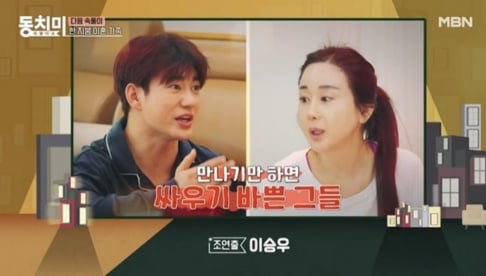
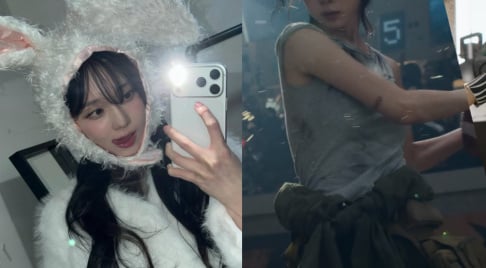
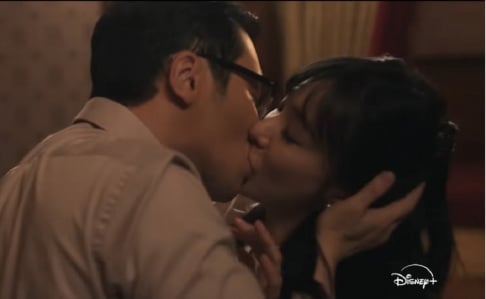

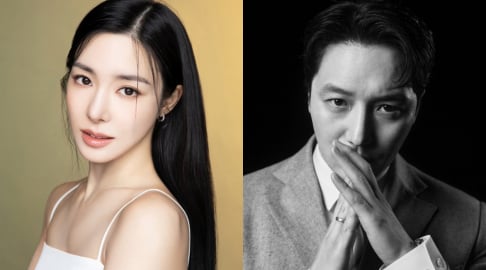
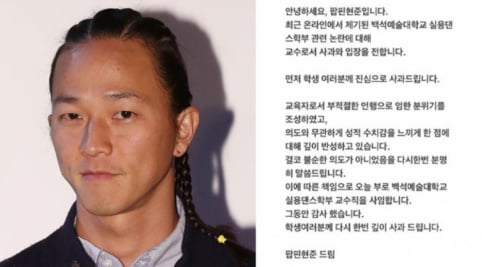
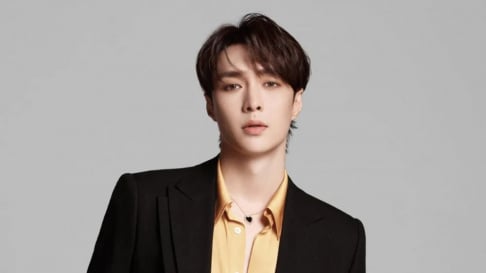

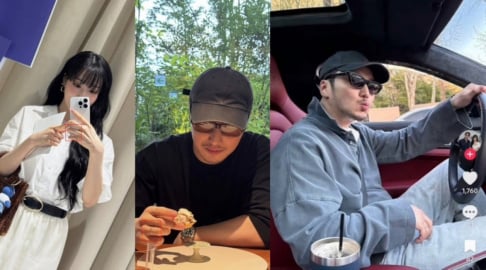
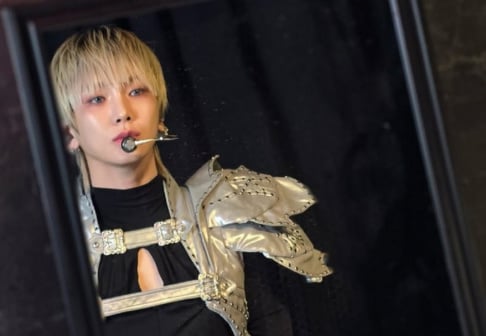
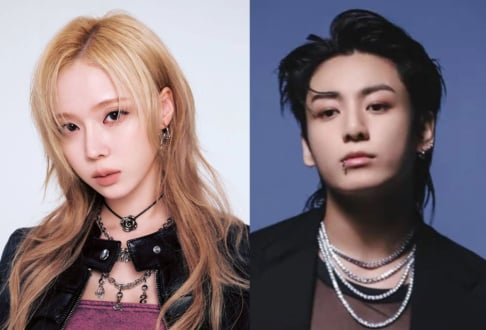
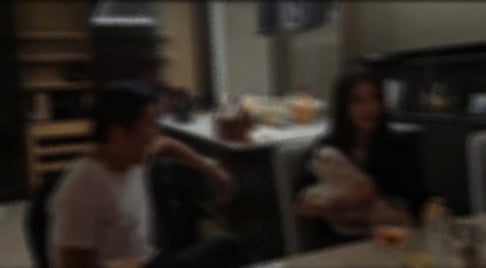
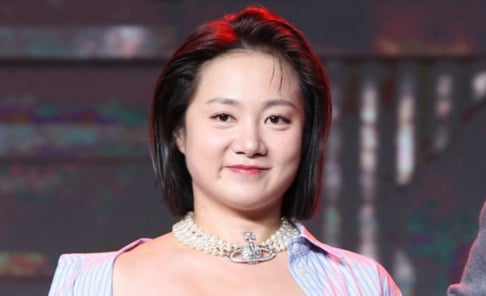

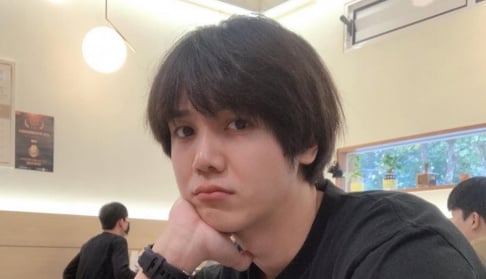

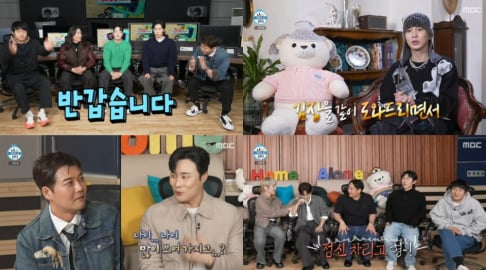

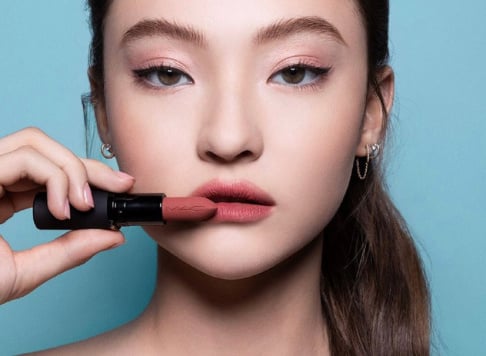
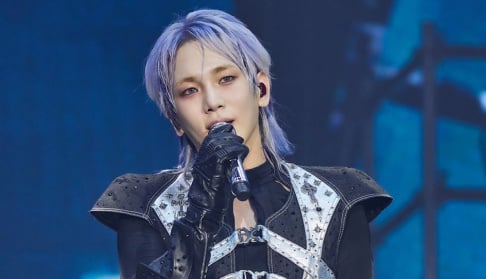
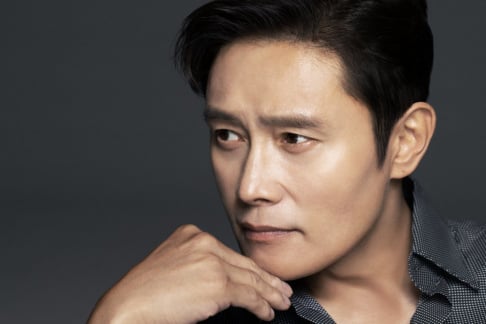

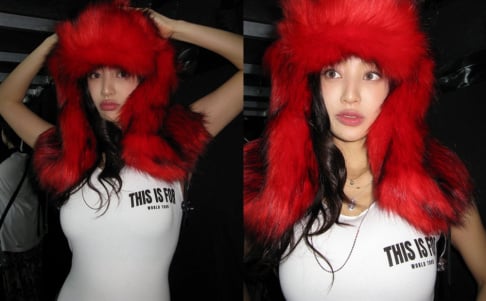

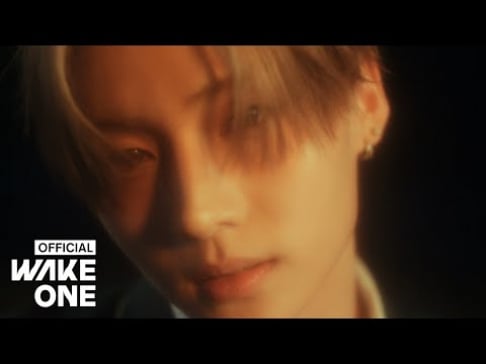
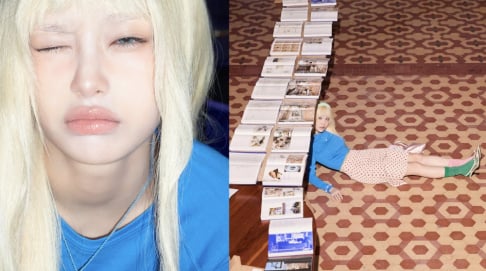
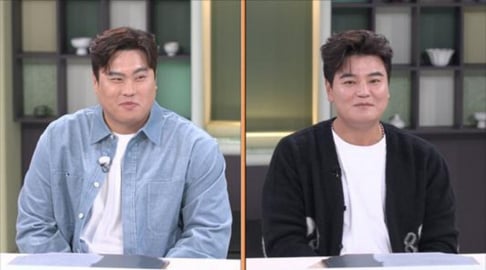
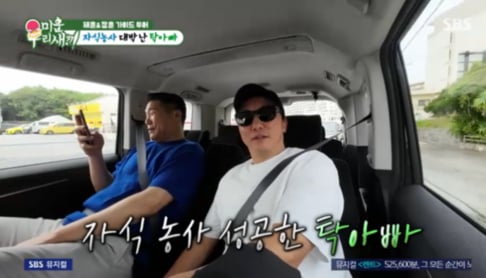
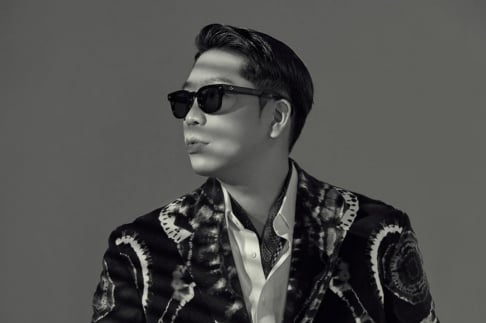
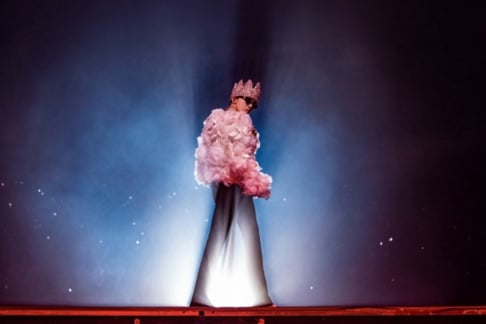
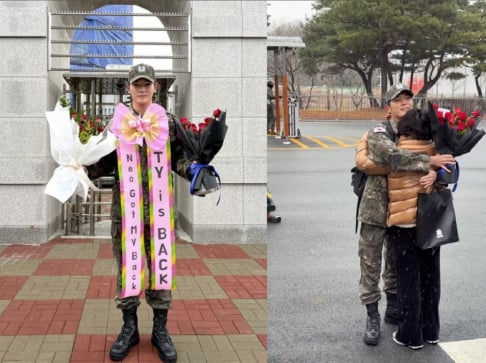
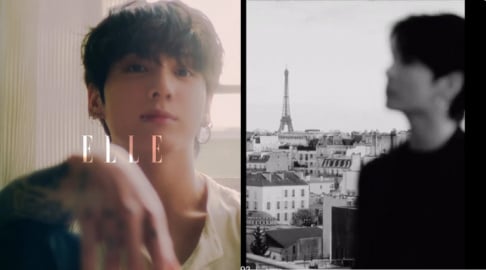
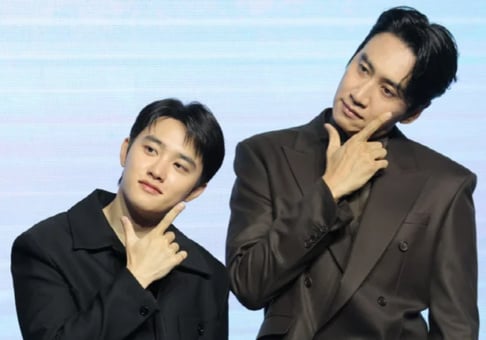
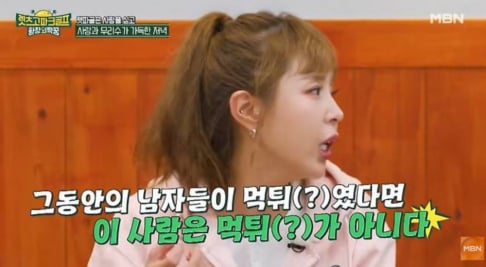






Log in to comment